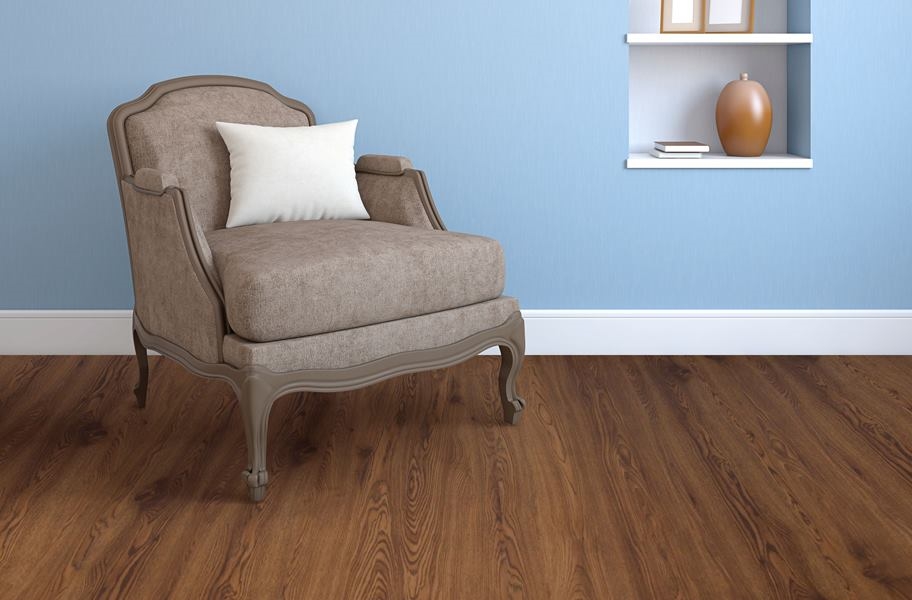
What’s the Deal with Vinyl Planks Part 2 {on quality}
In residential homes and commercial offices, vinyl planks have become all the rage, and this trend isn’t going anywhere soon. So what’s the deal with vinyl planks? Let’s talk quality.
In case you missed it, the first part in our series What’s the Deal with Vinyl Planks Part 1 {the basics} gives you a great overview on vinyl planks–the types, installation, uses, etc. Today we’re going to dive a little deeper and have a nice chat about the quality different vinyl planks have to offer, and what that means for you, the buyer.
What Determines Quality in Vinyl Planks:
Vinyl quality really boils down to two factors: Thickness of the plank and thickness of the wear layer. If you’ve got an 8mm plank, but it only has a 2MIL wear layer, you may think you’re getting a great deal, but the truth is, that wear layer is a big piece of the puzzle. They’re like peanut butter and jelly–mess up the proportions and your sandwich just ain’t right. I feel strongly that my peanut butter (chunky) and jelly (blackberry) need to be slathered in almost equal proportion, but the peanut butter (aka your wear layer) is the star of the show. Peanut butter can *almost* stand on its own, but who ever heard of a jelly sandwich?
Typical Vinyl Plank Thickness Options:
Okay, we’re going to discuss the jelly of our sandwich first. Thicker = denser. A thicker plank is going to feel sturdier, and more substantial beneath your feet. It’s also going to provide more resiliency and durability, making it more comfortable to stand on for extended periods of time, and also more likely to withstand the test of time.
The thinnest of the thin (2-3mm) is typically considered a temporary or low traffic flooring. If you’re putting the vinyl planks in your closet, does it really matter how comfortable it is to stand on for a long time? I mean, maybe you spend a really long time picking out your clothes, but otherwise, you’re probably fine on the thinner stuff. Also, if you’re renting, you don’t want to spend a lot of money on new flooring, you want something you can get on a budget that still looks nice.
Also, if you’re renting, you don’t want to spend a lot of money on new flooring, you want something you can get on a budget that still looks nice.
Most of the 5mm+ tiles are going to be able to stand up to commercial level traffic. Many of these thicker options also include advanced technologies and layering that make them stand out above the rest. For example, if you take a Waterproof Vinyl Plank, you will see 4 specifically engineered layers:
Attached Cork Underlayment: This bottom layer not only saves you the cost/installation of a separate underlayment, but it provides added sound installation and is naturally resistant to mold and mildew, making it the perfect foundation for your floor.
Waterproof Core: This high density waterproof (yes, waterproof, not water resistant) core provides added stability, not allowing the plank to expand and contract.
Luxury Vinyl Top Layer: This durable, resilient layer is made from virgin vinyl and adds an extra layer of resistance against scratches and dents–it’s like having two bodyguards the world would have to break through in order to mess you up.
Wear Layer: Ahhh the wear layer–we will chat about this more in a second, but let’s just say this one rocks.
Of course, there are plenty of 5mm+ options in vinyl planks, but as you can see, the added thickness certainly improves the quality of the plank. But what does that mean for you? How do you know which thickness is the right choice?
- Are you on a budget and looking to cover a small, low traffic area? We recommend 2-3mm.
- Are you looking for a gorgeous, high-quality vinyl plank to cover large areas in your home? We recommend 3.2-4mm.
- Do you have the budget and need for the best of the best? We recommend 5mm+.
What is the vinyl plank wear layer?:
The wear layer is the top surface of vinyl flooring. As I mentioned in our vinyl basics, the wear layer is like the bodyguard for your floor. If your options were a scrawny little thing, or a big, bulky, tough and ready-for-battle bodyguard, obviously you’d want the latter. While no bodyguard (wear layer) is perfect, there is a wide range, and great options for every use and price point. Pretty simply put, thicker = better. The thicker the wear layer, the more resistant your floor will be to scratching and scarring. Which wear layer do you need? Well, let’s take a look at our options.
While no bodyguard (wear layer) is perfect, there is a wide range, and great options for every use and price point. Pretty simply put, thicker = better. The thicker the wear layer, the more resistant your floor will be to scratching and scarring. Which wear layer do you need? Well, let’s take a look at our options.
Here’s the deal: most people don’t need 22 MIL in a residential space, and most people will not want 2 MIL in a space with any amount of real traffic. Closets? Cool. In the kitchen of a 5 family home? Probably less cool.
This is an area where you don’t want to skimp. Vinyl planks with thicker wear layers typically have longer warranties, and they come with a significantly longer life span. Maybe you want to save money now, but cutting corners on your wear layer can often mean replacing the floor sooner, and then costing you more in the long run.
I don’t know about you, but if you asked me if I wanted to spend $200 today or $150 today and then $150 next year, I’d be like “An extra $50?? Do you know how many coffees I could buy with that? Sign me up for the less money option!” Just like when shopping for other big ticket items, you want your floors to last until you want to replace them, not a short term until you need to replace them, like, ASAP.
In other words…
- Are you on a budget and looking to cover a small, low traffic area? We recommend 2MIL.
- Are you looking for a gorgeous, high quality vinyl plank to cover large areas in your home? We recommend 6-8MIL.
- Do you have the budget and need for the best of the best? We recommend 12MIL.
- Are you shopping for a commercial space? We recommend 20MIL+.
What does this mean for you?
In case you have an attention span like mine and you want me to skip the details and hit you with the main points, here we go!
- Quality of vinyl planks is determined by thickness of the wear layer, and thickness of the plank.
- Thicker = better.
- Wear layer is the priority for measuring quality.
- Higher traffic spaces need higher quality vinyl.
- Higher quality planks (typically) offer longer warranties.









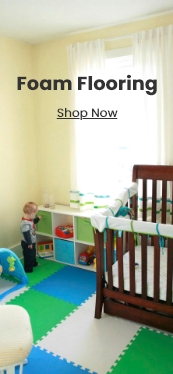

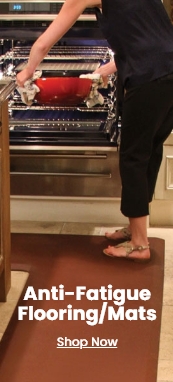

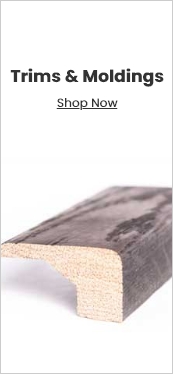


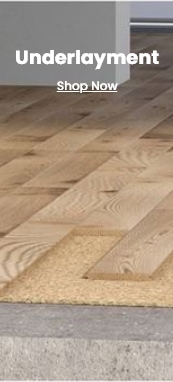

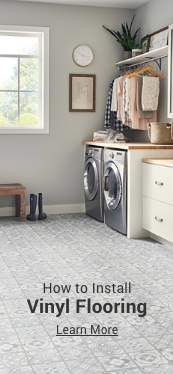
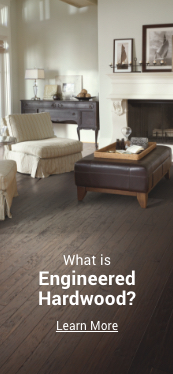
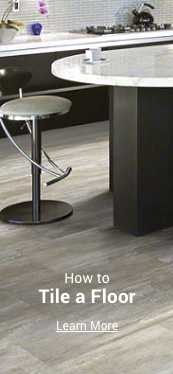
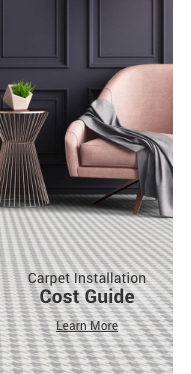
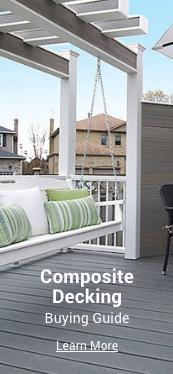


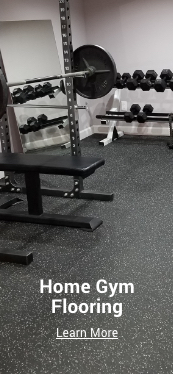


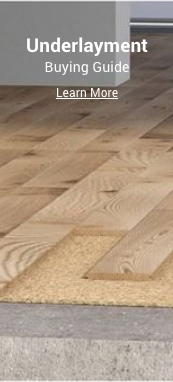

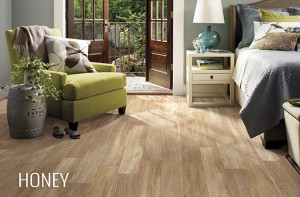
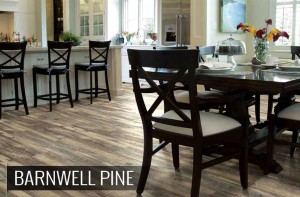
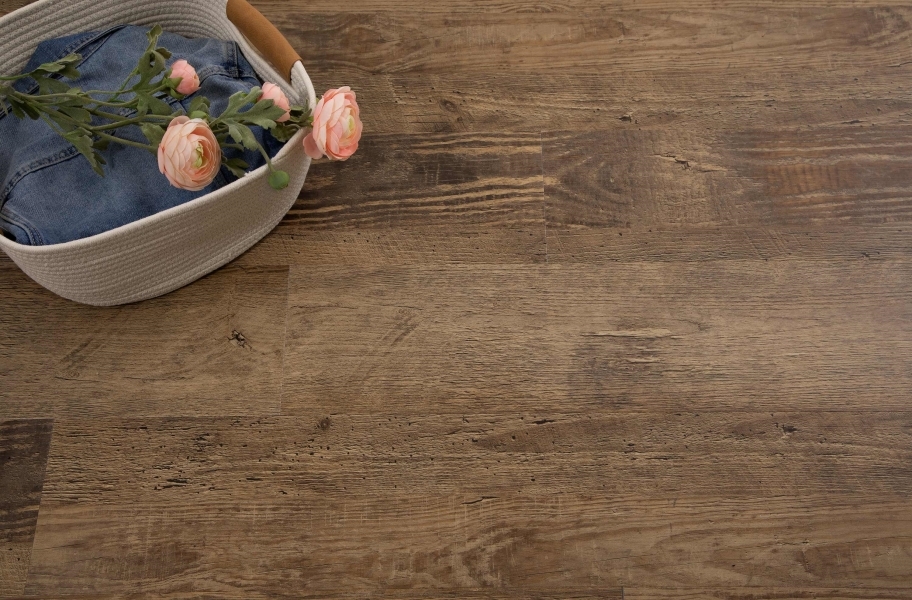
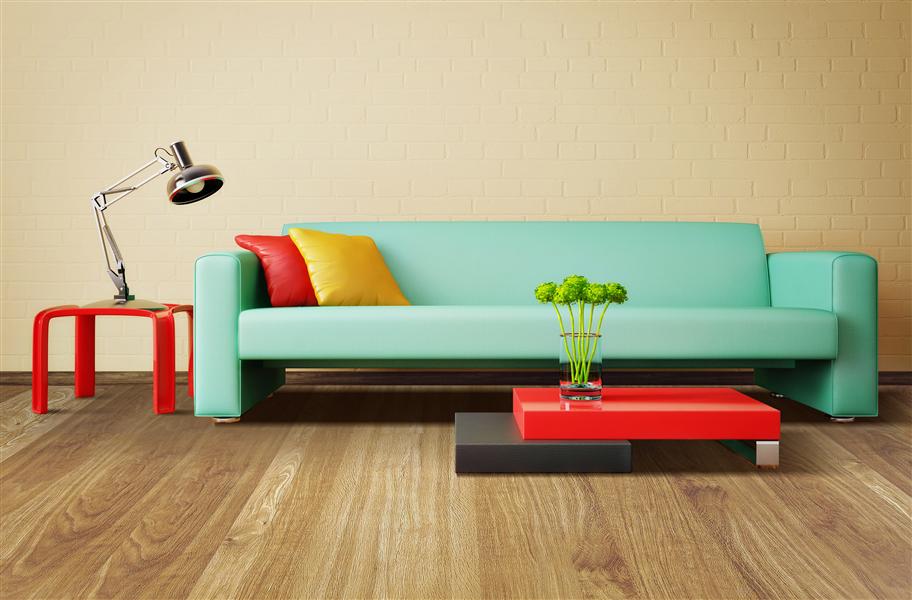
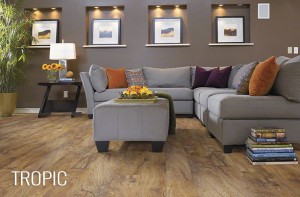
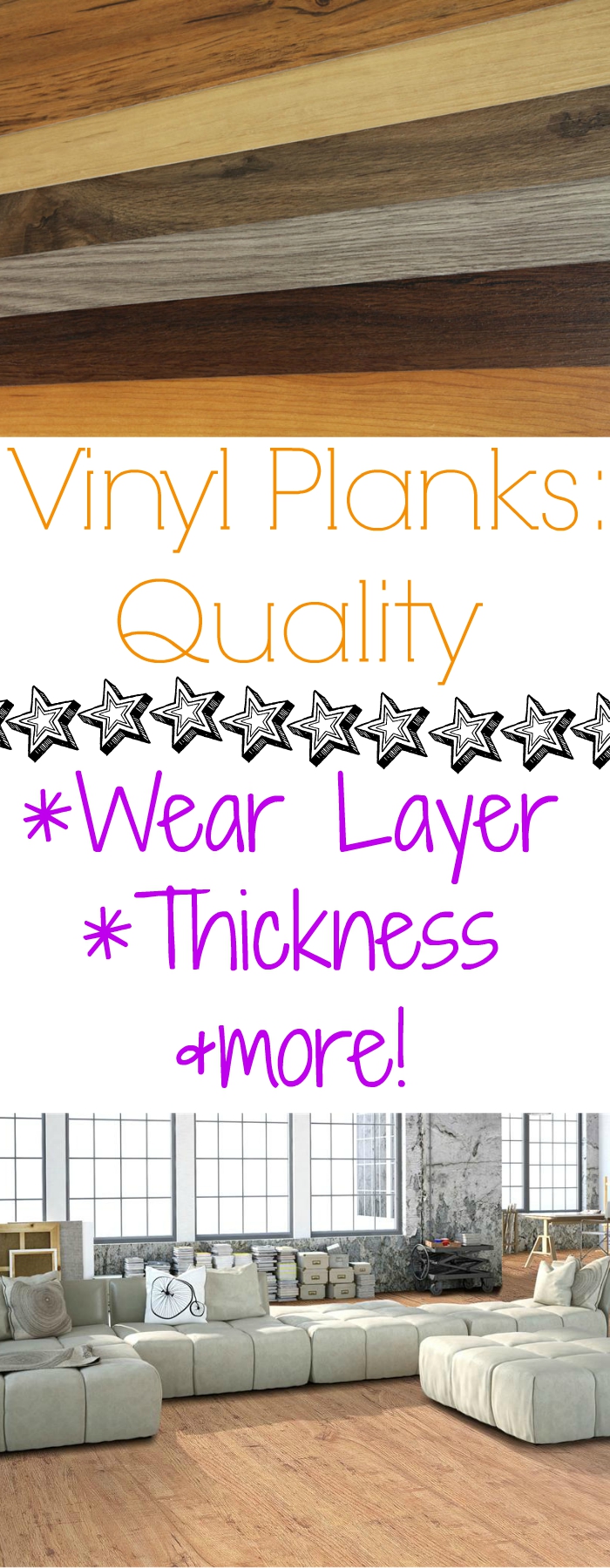


can you install this product over slab on grade concrete with in floor heat?
Hi Richard,
As long as your subfloor is level, just check to ensure that specific product is approved for heating. Is there a specific vinyl plank you’re interested in?